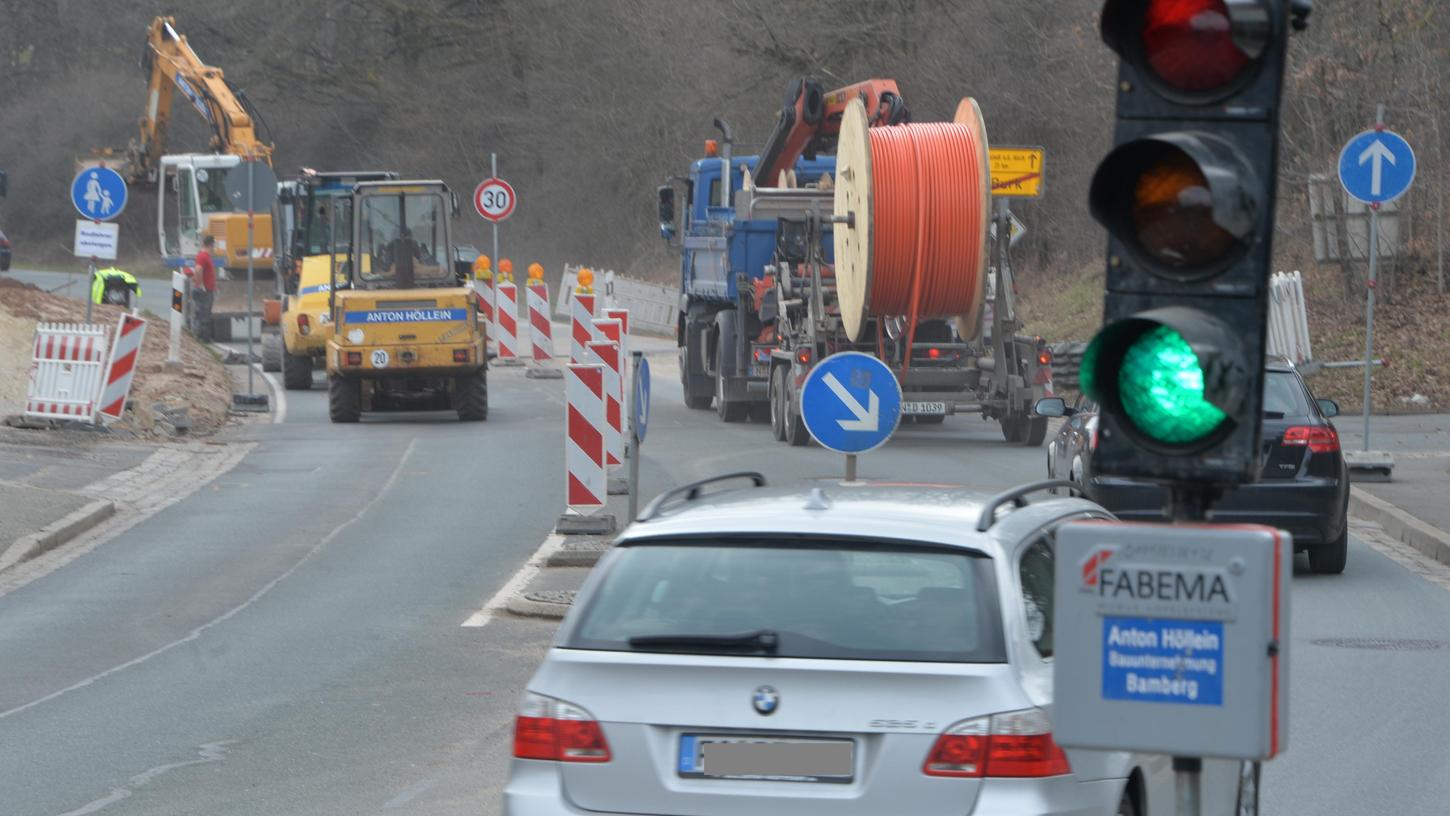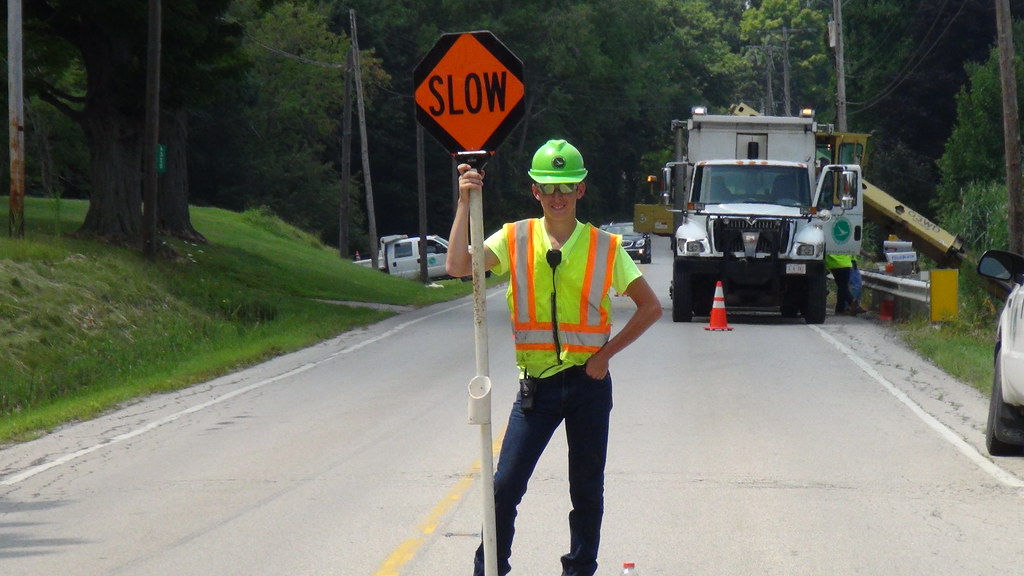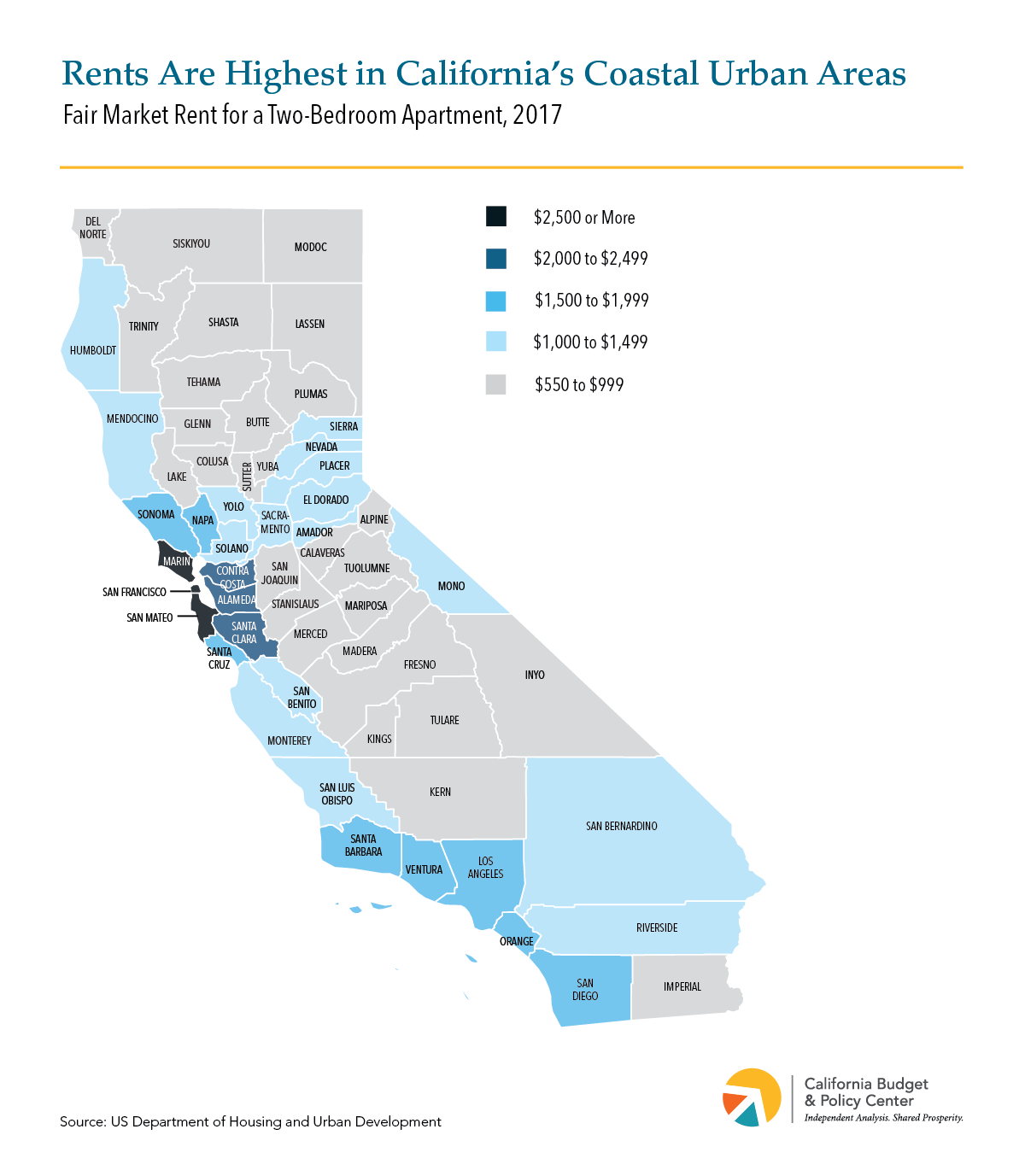Derec
Contributor
California Increases Minimum Wage, Protections for Fast-Food Workers
I never understood why fast food workers should have a higher minimum wage than other industries, or why burger flipping and cashiering should get you $20/hour anyway. In any case, forcing companies to overpay fast food workers is surely accelerating trends like this one:
California restaurant incorporates kitchen robots and AI
I never understood why fast food workers should have a higher minimum wage than other industries, or why burger flipping and cashiering should get you $20/hour anyway. In any case, forcing companies to overpay fast food workers is surely accelerating trends like this one:
California restaurant incorporates kitchen robots and AI



